
Academic Pinnacles: Exploring Thesis Triumphs with Two Students
- Date 2024-01-23 09:00
- CategoryStory
- Hit707
KDI School's recent Commencement Ceremony on December 8, 2023 recognized exceptional student achievements. Two students from Korea; Dabin Song MDP, 2021 and Dohui Kim, MPP. 2021 received the esteemed Best Thesis Award among six honored for outstanding work in their thesis and capstone projects. In this interview, we will investigate their academic journey and accomplishments at KDI School.
Can you briefly introduce yourself, interests and what led you to choose KDIS?
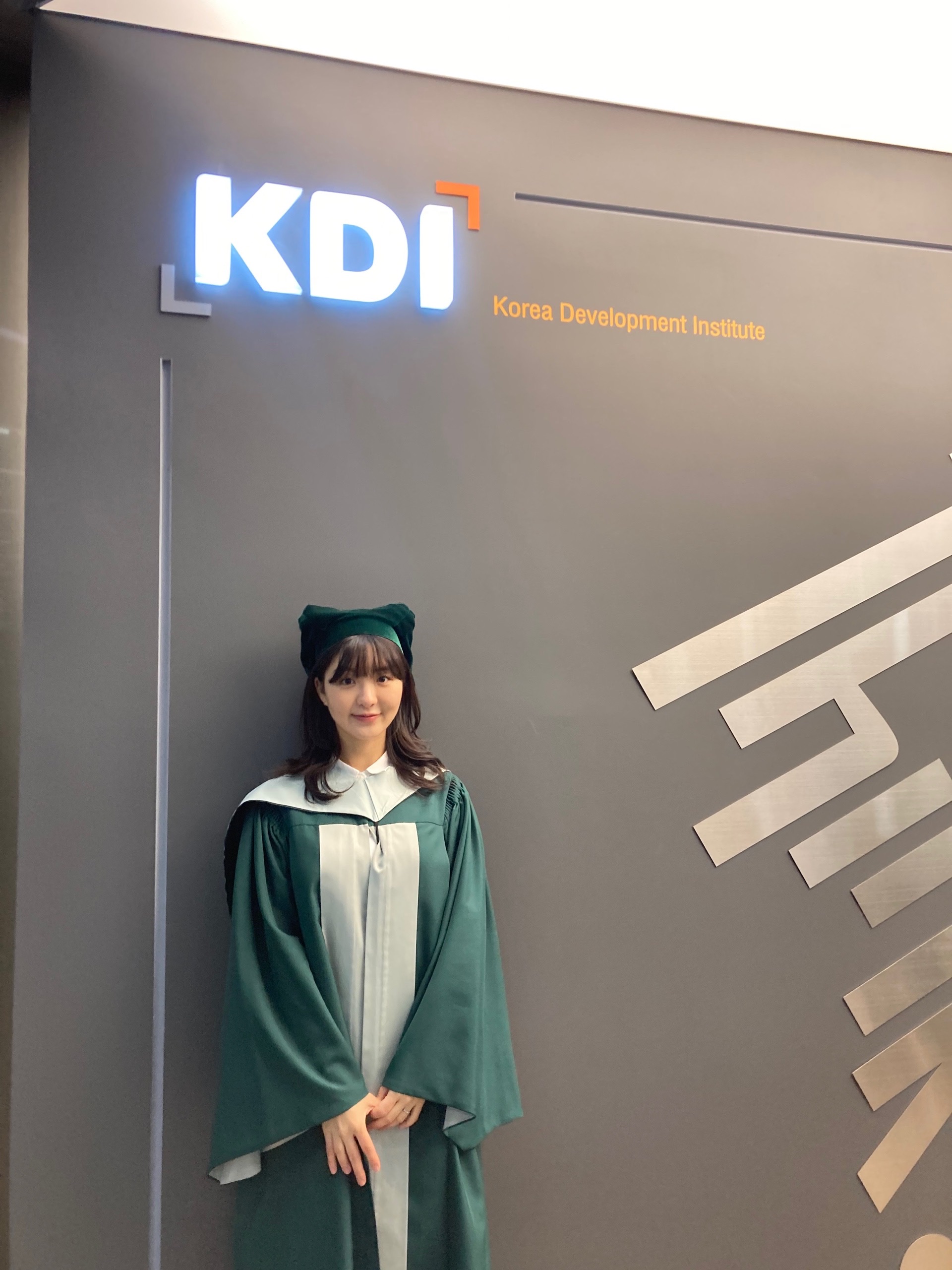
Dabin Song: I'm Dabin Song, with a background in International Studies. I aimed to transition from theoretical to quantitative impact measurement. KDI School's renowned economics and public policy programs, plus strong recommendations from my undergrad professors, drew me to this esteemed institution.
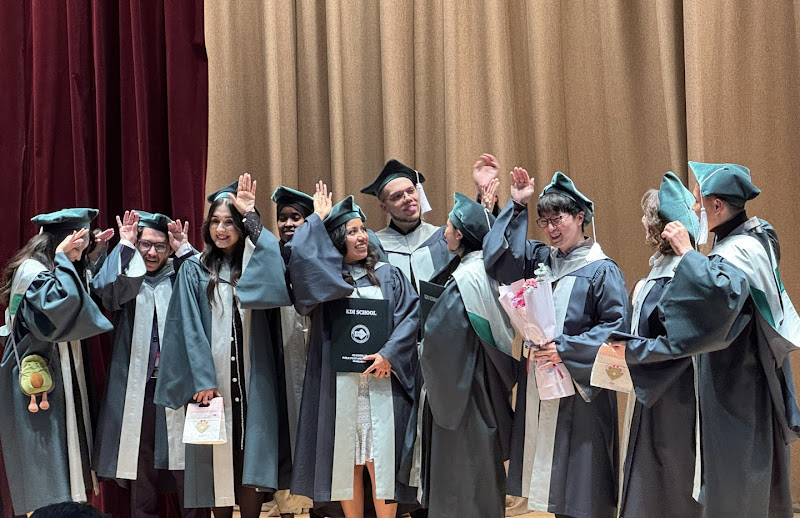
Dohui Kim: I'm Dohui Kim. Previously, I worked as an INDEX researcher developing stock market indices. I enjoy using IT to address socioeconomic issues for policy development. Analyzing data and crafting stats to address issues drives my passion. Pursuing a master's and PhD at KDI School aligns with my goal of becoming a policymaker in Korea.
Can you provide a brief overview of your thesis?
Dabin Song: My thesis investigates the effects of the Cambodia Water Festival's cancellation on household income and spending. Analyzing data from the Cambodia Socio-Economic Survey (2009-2019), I found a 10.7% to 12.3% rise in total household income and a 4.6% to 6.3% increase in expenditure during the four-year cancellation after the 2010 stampede in Phnom Penh. This impact was particularly pronounced in households outside Phnom Penh, lower-income households, and those led by males.
Dohui Kim: The South Korean government addressed a labor shortage in SMEs with the Youth Tomorrow Chaeum Deduction policy, which ended in 2022. In 2023, its focus narrowed to manufacturing and construction. To evaluate its impact, this study uses difference-in-differences and Causal Forest methods, the latter estimating the effects for various demographic groups. Findings suggest Causal Forest can help predict diverse impacts, aiding targeted policy planning with budget constraints.
What inspired your choice of research topic?
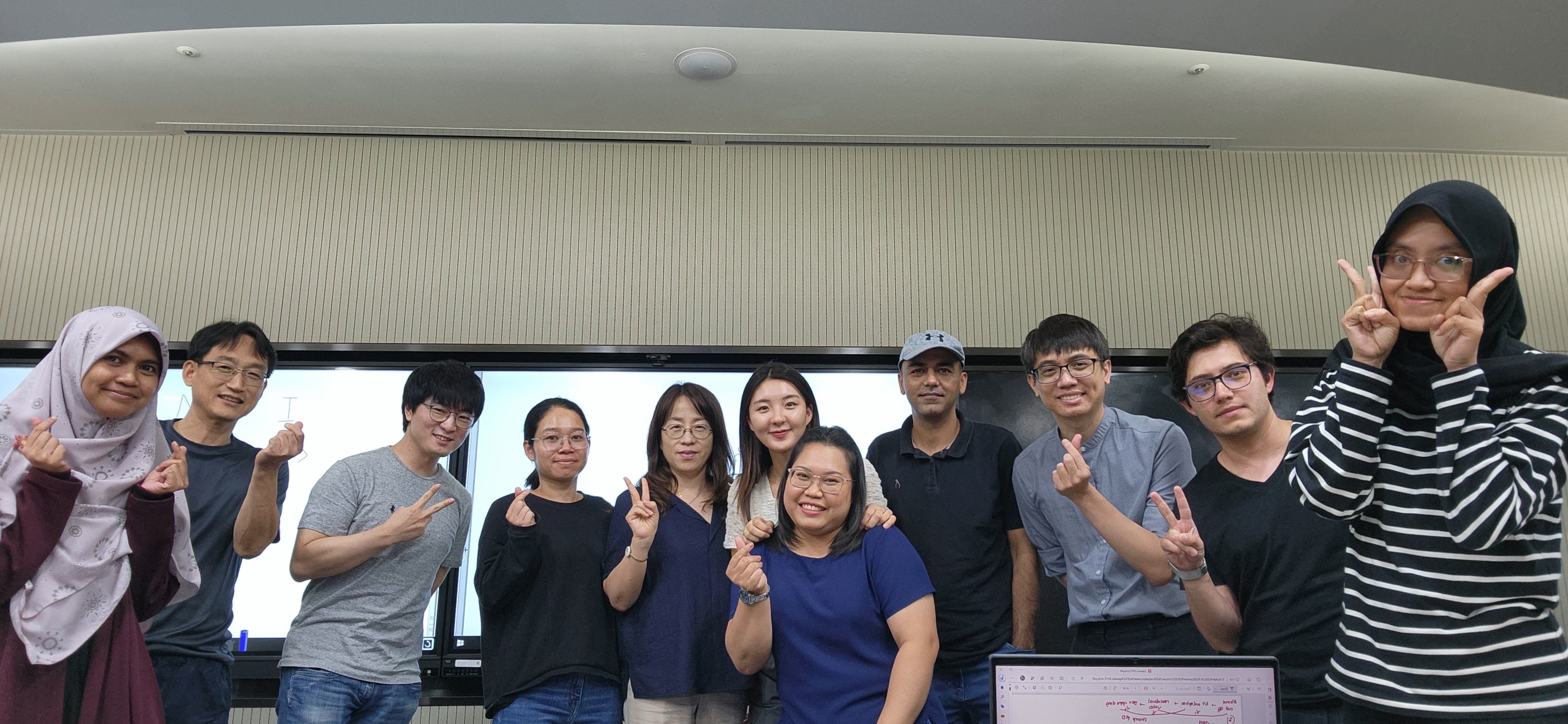
Dabin Song: Living in Cambodia sparked my interest in development, especially the country's public holidays, some of which were recently cut. When I explored deeper, I learned about the tragic 2010 Water Festival stampede, leading to its four-year suspension. This event offered a unique chance to measure its economic impact, inspiring my research.
Dohui Kim: As a young Korean, I am aware of the socio-economic challenges that the current generation faces. Politicians promise solutions, but I aim to uncover the real impact of policies on our generation's struggles. So, I chose to focus on labor-related problems seeking data from the Ministry of Employment and Labor.
How did the findings contribute to the field of study, any implications for policy or practice?
Dabin Song: My research investigates deeply into income and expenditure changes linked to the Water Festival. It prompts a reassessment of holiday significance for work-life balance and offers policymakers in developing countries insights into balancing holidays and productivity.
Dohui Kim: This study explores budget prioritization for policies by utilizing Causal Forest to derive conditional average treatment effects. It also employs difference-in-differences to calculate average treatment effects. To enhance efficiency within political and budgetary constraints, targeting specific demographics showing heterogeneous effects proves effective. By focusing on individuals with identified characteristics, policies can be more efficiently implemented. The Causal Forest methodology offers a promising approach to inform beneficiary targeting in policy implementation, aiding data-driven decisions in public policy with limited budgets.
What are guidance and support did you receive from faculty members or mentors at KDIS?
Dabin Song: The mentorship of Prof. Chungeun Yoon's weekly thesis guidance and Prof. Jaehyuk Park's diverse perspectives shaped my journey. The MDP reading group led by Prof. Sungho Park honed my paper analysis skills. Courses like Impact Evaluation Methods and Econometrics were crucial, given my initial lack of economics research experience.
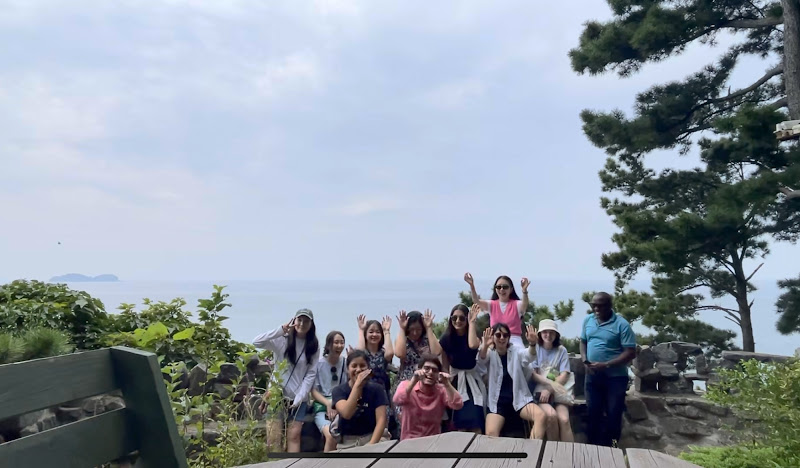
Dohui Kim: At KDIS, faculty members and mentors provided invaluable guidance and support throughout my thesis journey. During meetings, my advisor's challenging questions helped me identify gaps in my understanding, ultimately contributing to a more comprehensive thesis. Another professor emphasized the practicality of my studies. Early in my academic journey, a motivating email from a professor encouraged me to embrace the learning process and take things step by step. I extend sincere gratitude to my advisor and all professors for their time, encouragement, and valuable advice.
What obstacles did you face during your research at KDIS, and how did you overcome these?
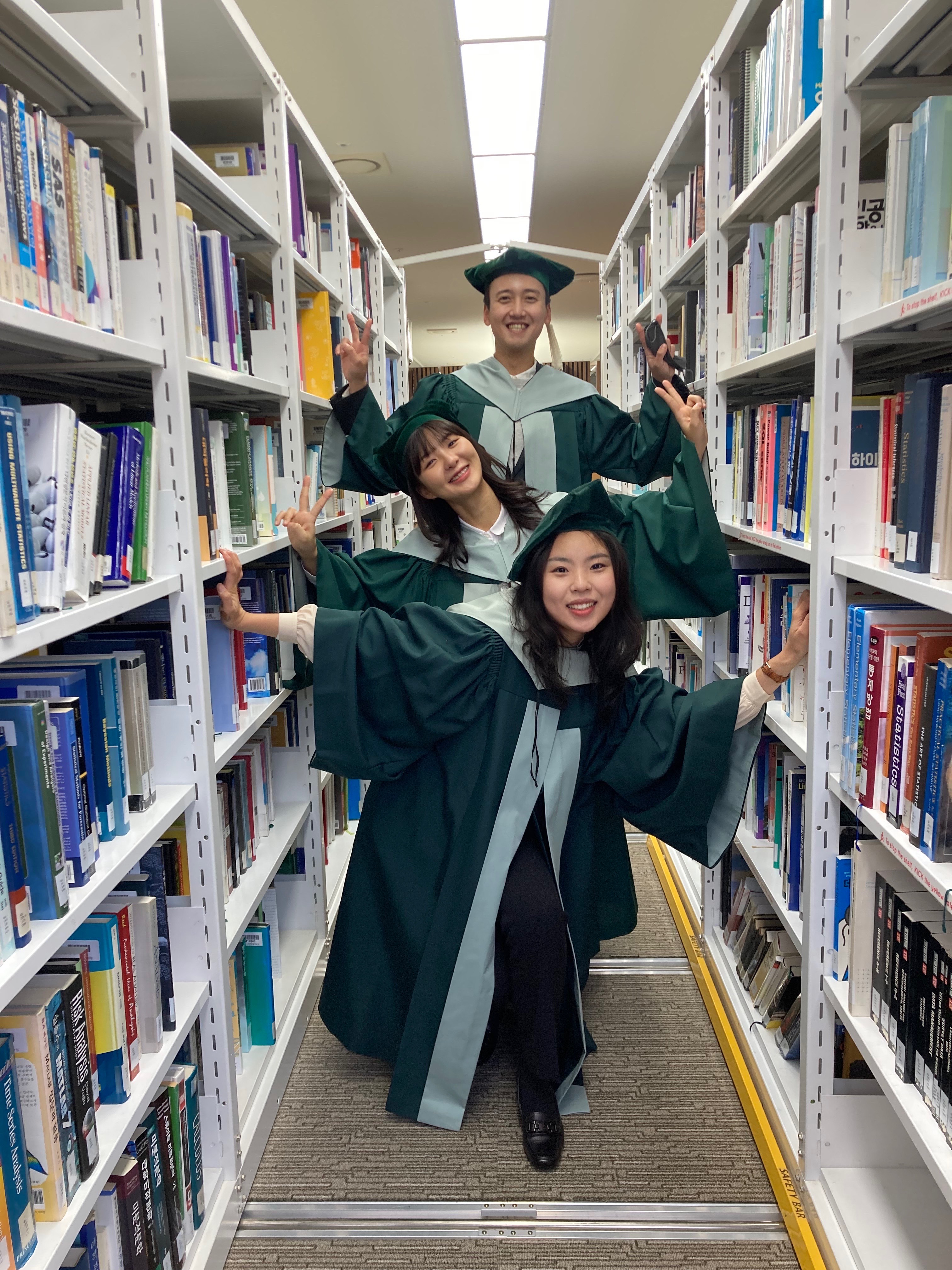
Dabin Song: During my research, unexpected results posed challenges. Even after my ARS presentation, unclear findings led to altering my research questions. Swift adaptation and not dwelling on setbacks mattered most. Embracing failure's natural aspect and seeking early professor feedback proved invaluable, preventing last-minute failures and enabling progress.
Dohui Kim: The most memorable hurdle was feeling nervous about writing my thesis. Facing unclear results close to the deadline was tough. I regrouped, reconsidered my thesis's intent, and iterated through consultation, research, data analysis, and peer feedback. Inaction proved hardest—seek advice and read when you are unsure what to do. I think it was the hardest when I wasn’t doing anything. If you don’t know what to do, don’t avoid getting advice and read a lot.
Do you have any advice of tips for fellow KDIS students?
Dabin Song: Good luck to all embarking on their thesis journey! Thesis time might seem overwhelming, but take it step by step and follow your schedule—it'll show in your progress. Doing your own research is where your learning really blossoms. Start early, keep focused, and you'll reach that finish line.
Dohui Kim: Rather than only focusing on getting a good score, I think it'd be better to focus more on learning. Personally I initiated the ALPHACA data science club to collaborate on data analysis with students from diverse backgrounds. We’ve become a global family, exploring new places and making the most of our time together. Embrace your school journey, as challenges bring meaningful experience. I sincerely welcome you saying “Hello” at an alumni gathering someday.
Related News
-
Research and Education1 day ago
Republic of Korea Economic Bulletin, May 2024#KDI #Economic #KDISCHOOL #kdischool #Economic Bulletin #Research
-
Story15 days ago
KDIS Health Focus: A Day in the Life of Nurse Kim -
Story18 days ago
Bringing Classroom Lessons to Life: Immersing in Korea's Economic Development Journey on the Spring Semester Field Trip
